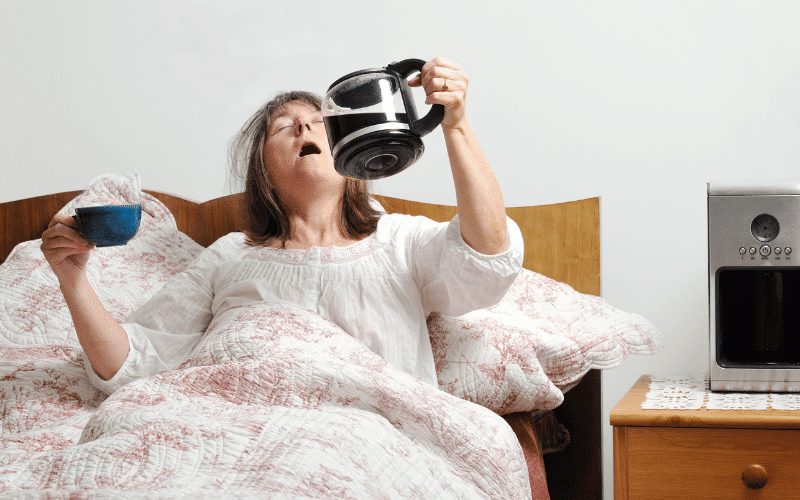14. Caffeine: More Than Just a Morning Pick-Me-Up

Caffeine, omnipresent in our morning coffees, energy-boosting teas, and many soft drinks, has been subjected to much debate in the context of heart health. It’s a stimulant that affects the central nervous system and influences heart rate and rhythm, which justifiably triggers queries about its role in atrial fibrillation.
Modern research has offered a fresh perspective on this concern. Studies now suggest that caffeine in moderate amounts does not significantly heighten the risk of atrial fibrillation. This isn’t carte blanche to consume caffeine recklessly, but rather an insight that guides us to consume it wisely.
High-caffeine energy drinks are a red flag. They often come loaded with sugar and other stimulants, turning them into potential triggers for heart rhythm disorders. Besides their caffeine content, the sugar in these drinks can lead to weight gain, another significant risk factor for AFib.
For those already diagnosed with AFib, personalized caffeine consumption rules apply. Pay attention to your body’s response to caffeine. If you notice heart palpitations or discomfort following caffeine intake, it might be time to rethink that extra cup of coffee.
Ultimately, while caffeine isn’t the villain it was once thought to be in the AFib narrative, discretion in its consumption is crucial. It’s all about balance – enjoying your morning cup without pushing your heart over the edge. (14)